Former Chinese Soccer Coach Li Tie Faces Trial for Corruption, Bribery, and Abuse of Power: A Call for Transparency and Accountability in Chinese Soccer
Former Chinese national soccer team coach Li Tie faced trial on March 28th, 2024, at the Xianning Intermediate People's Court in Hubei Province, China. Li Tie was accused of accepting bribes, embezzlement, and abuse of power during his tenure as the head coach of the Chinese national soccer team and as a manager at various soccer clubs. According to the prosecution, Li Tie accepted bribes totaling 5089 million yuan between 2019 and 2021 while he was the head coach of the Chinese national soccer team.

29 March 2024
He accepted 100 million yuan from an unnamed individual to help him secure the position of head coach, and 200 million yuan from the Wuhan Zhong'er Football Club to help the club increase its influence and secure a position as a coach. In addition, Li Tie accepted bribes from the Hebei Xiaxia Football Club while he was a manager at the club between 2017 and 2019. He accepted 2675 million yuan in bribes to help the club with player transfers and winning matches. He also received bribes from other soccer clubs and officials, totaling 3905 million yuan, during his tenure at the Hebei Xiaxia Football Club and the Wuhan Zhong'er Football Club.
Li Tie pleaded guilty to the charges and expressed remorse for his actions. The trial was adjourned and a verdict is expected to be delivered at a later date. The trial of Li Tie has sparked controversy and outrage on social media, with many netizens expressing their disappointment and anger at the level of corruption in Chinese soccer.
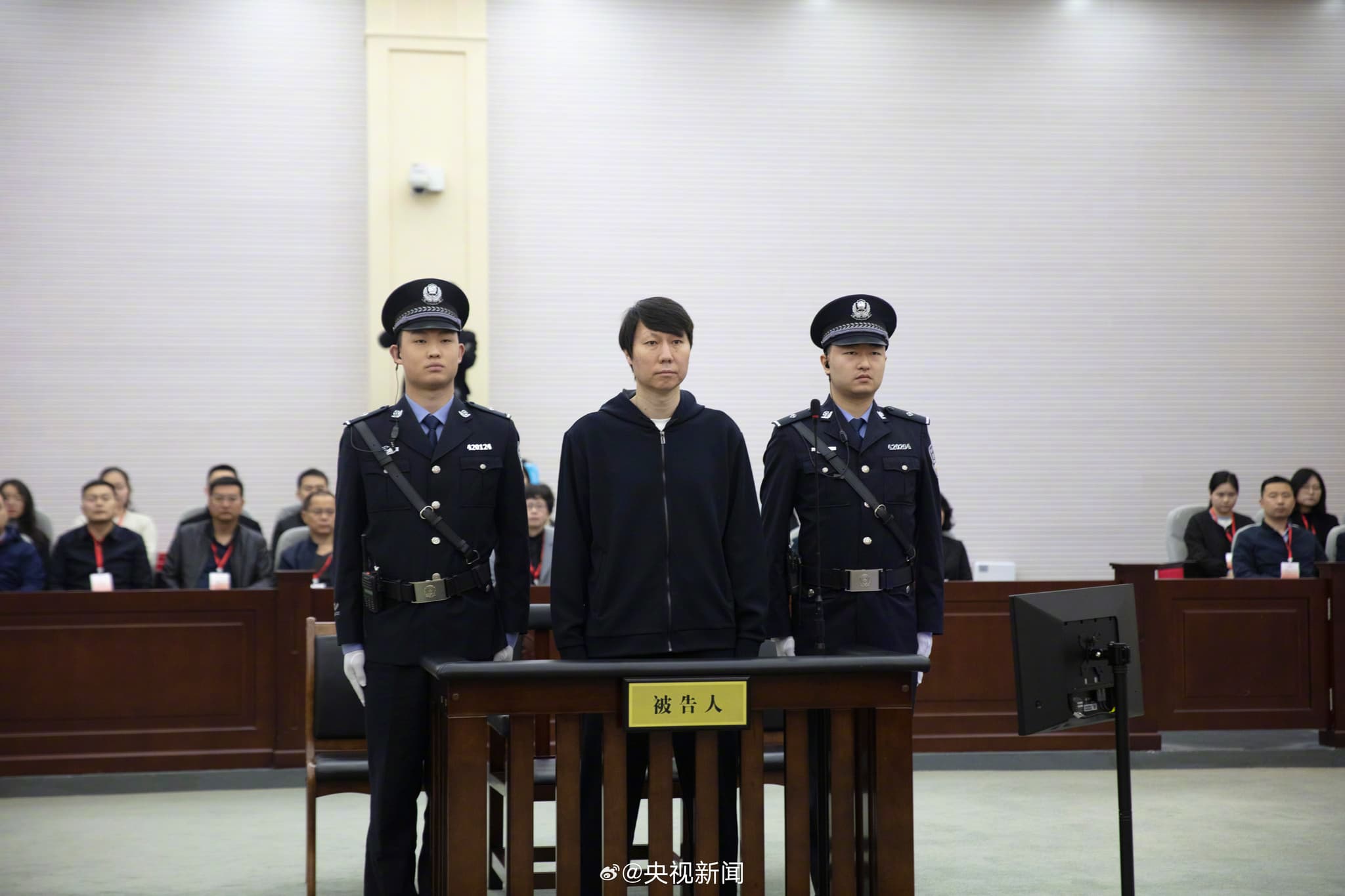
Some commenters have called for stricter penalties for those found guilty of corruption, while others have expressed their frustration at the slow progress of anti-corruption efforts in the country. The case of Li Tie is just one of many recent incidents of corruption in Chinese soccer.
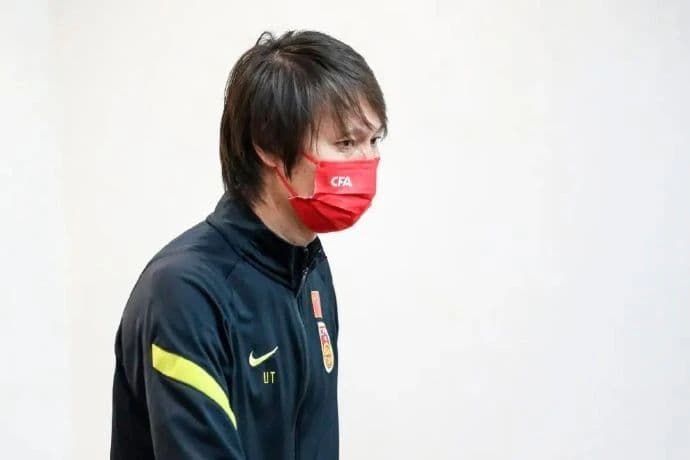
In recent years, several high-ranking officials and coaches have been accused of accepting bribes and engaging in other forms of corruption. The Chinese Football Association has been criticized for its lack of transparency and accountability, and many believe that the culture of corruption in Chinese soccer runs deep.
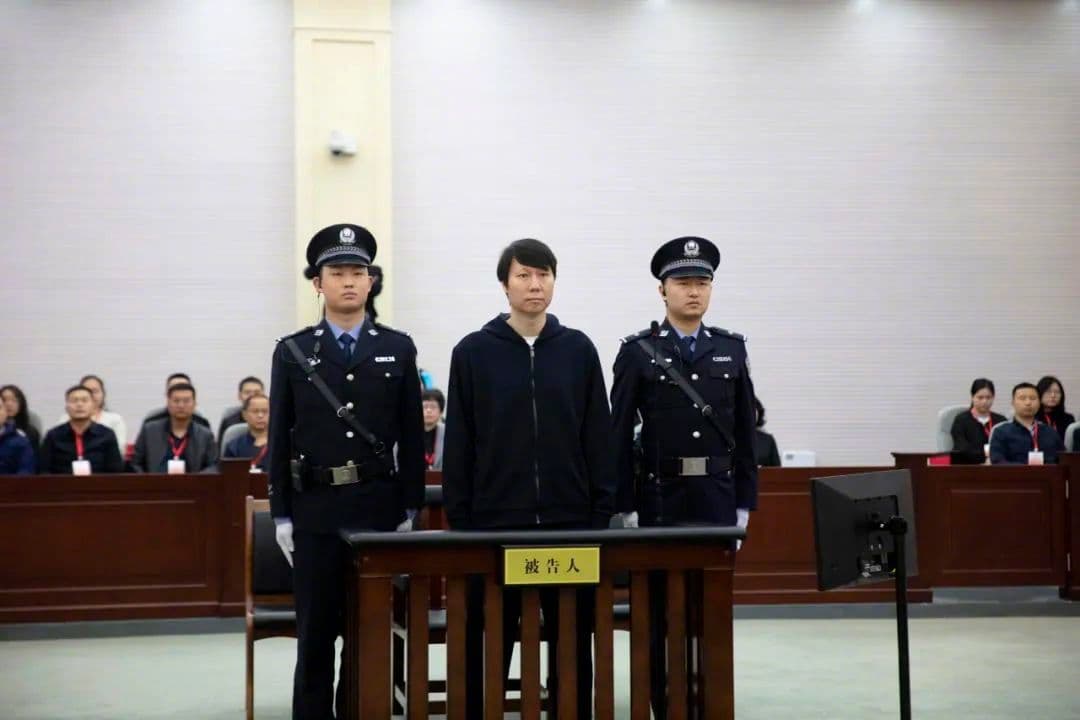
Despite the challenges facing Chinese soccer, there are signs of progress. The government has launched a campaign to clean up the sport, and several high-profile officials have been arrested and charged with corruption. The Chinese Football Association has also implemented new measures to increase transparency and accountability, and to promote a culture of fair play. However, the road to reform in Chinese soccer is long and difficult.
Corruption is deeply entrenched in the sport, and it will take time and effort to root it out. The case of Li Tie is a reminder of the challenges facing Chinese soccer, but it is also an opportunity to take stock of the progress that has been made and to reaffirm the commitment to clean up the sport. The case of Li Tie is a wake-up call for the Chinese soccer community. It is time to take a hard look at the sport and to address the systemic issues that have allowed corruption to flourish. This will require a concerted effort from all stakeholders, including the government, the Chinese Football Association, the soccer clubs, and the fans. The future of Chinese soccer depends on the actions of these stakeholders. By working together and taking decisive action to root out corruption, they can help restore the integrity of the sport and ensure that it is a source of pride and joy for all Chinese people. In conclusion, the trial of Li Tie is a significant moment in the ongoing efforts to clean up Chinese soccer.
While the challenges facing the sport are significant, the progress that has been made is encouraging. The case of Li Tie serves as a reminder of the importance of transparency, accountability, and fair play in soccer, and it is a call to action for all stakeholders to work together to build a brighter future for the sport in China.
Share this article
Related Articles
Falcons Edge XG 3‑2 in TI14 Finals, Leaving Chinese Star Ame a Three‑Time Runner‑Up
By Trending on Weibo
Sports
15 Sept 2025
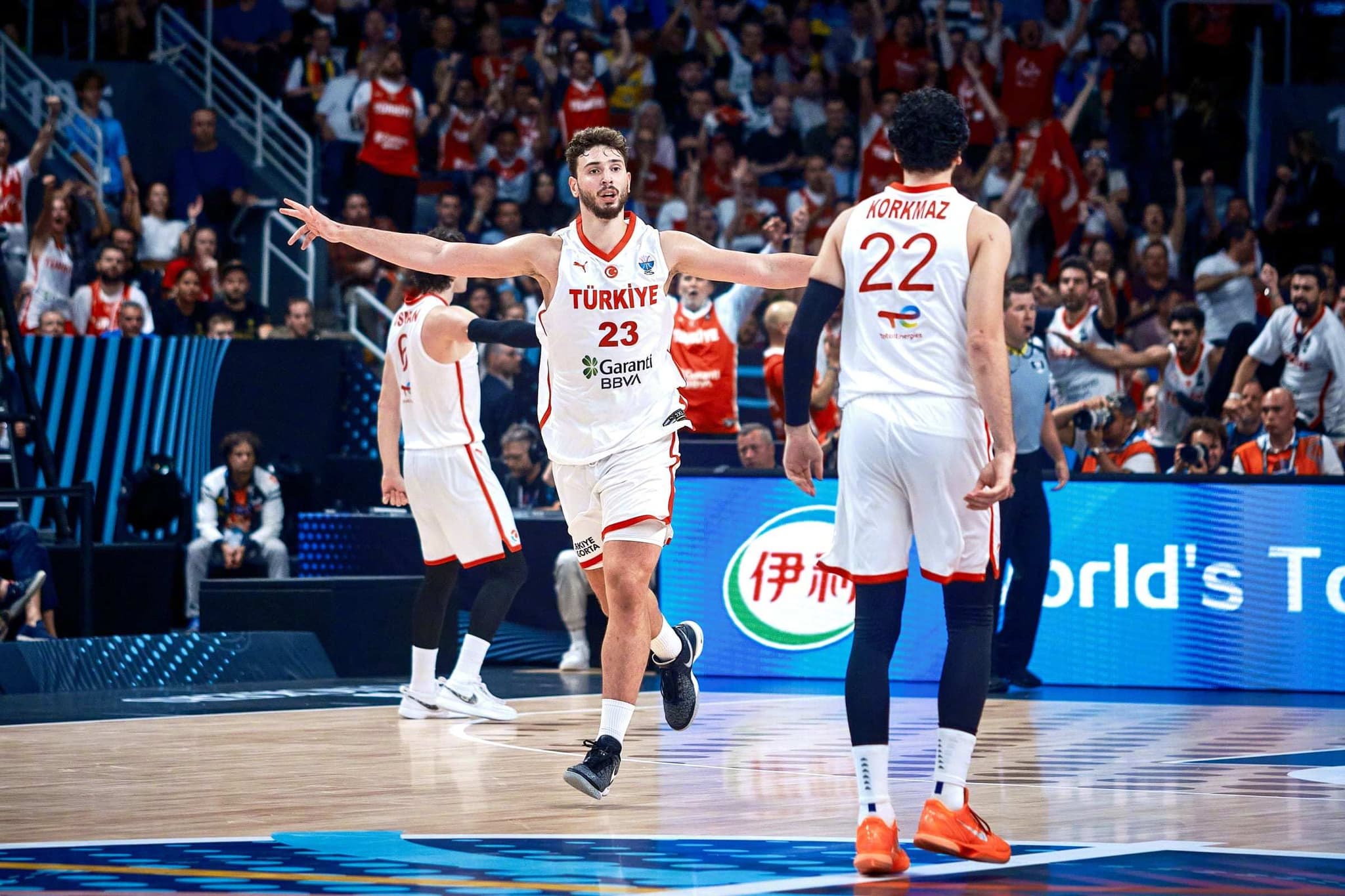
Germany Clinches Second EuroBasket Crown as Dennis Schröder Earns MVP in Thrilling 88‑83 Victory Over Turkey
By Trending on Weibo
Sports
15 Sept 2025
Wang Chuqin Secures Third WTT Macau Crown and Regains World No. 1 Ranking**
By Trending on Weibo
Sports
15 Sept 2025
Wang Chuqin’s Thrilling 3‑1 Victory Over Japan’s Rising Star Sparks Online Frenzy and Rekindles China‑Japan Table‑Tennis Rivalry
By Trending on Weibo
Sports
9 Sept 2025
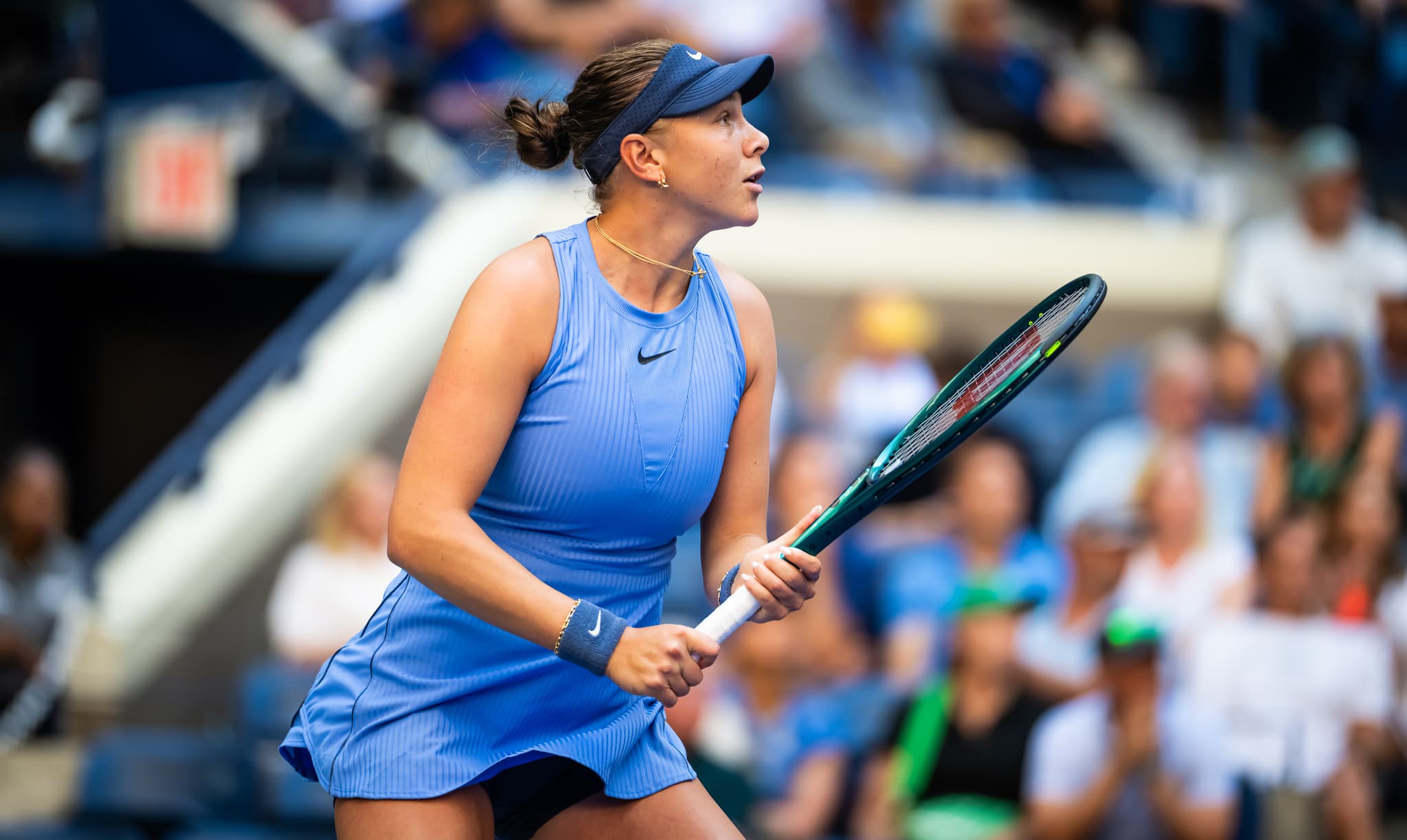
World No. 1 Iga Świątek Stunned in US Open Quarterfinals, Ending Grand Slam Surge】
By Trending on Weibo
Sports
4 Sept 2025